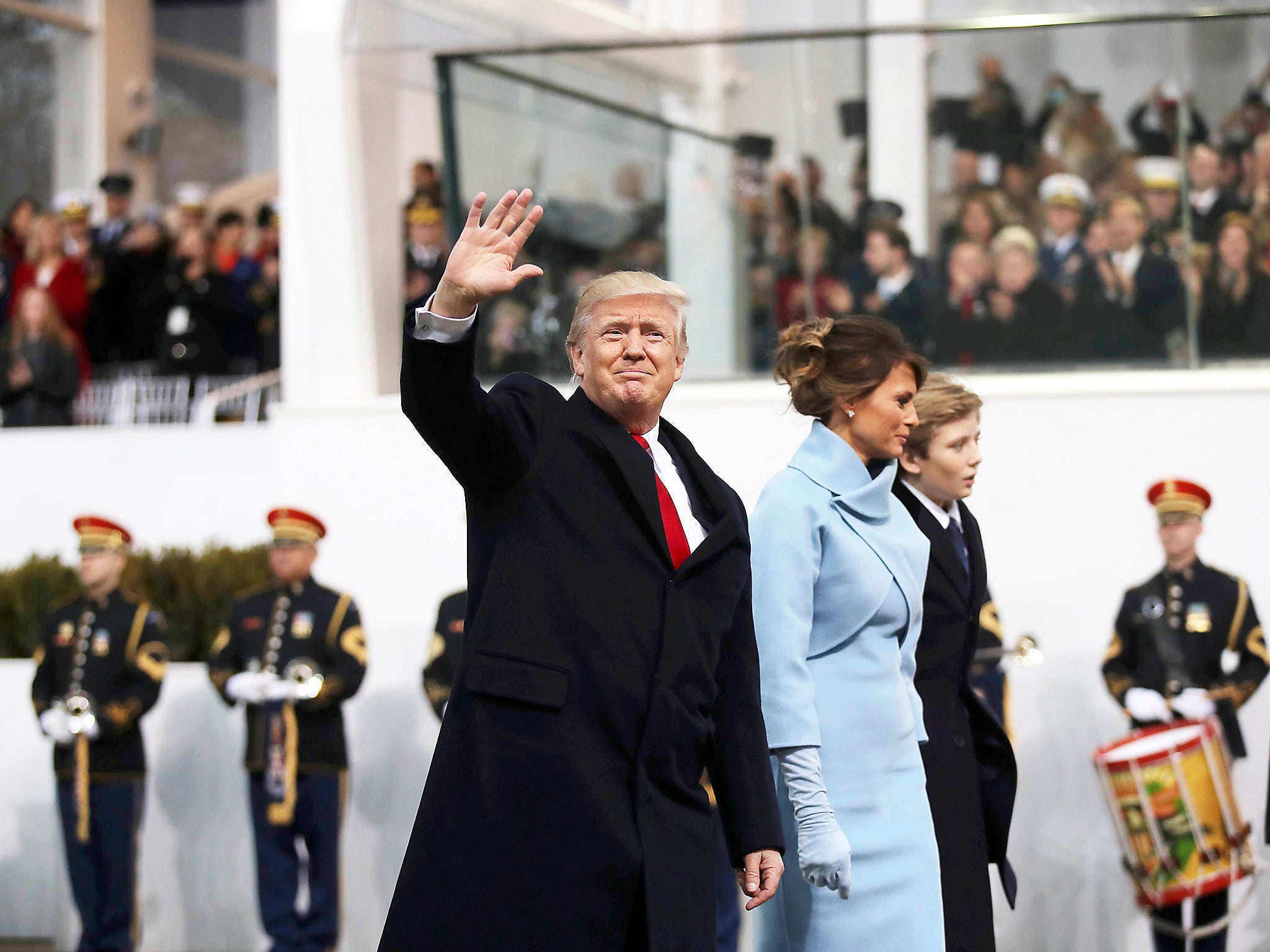Donald Trump will be the most interventionist president in decades – no wonder the markets are spooked
His victory speech on 9 November had humility and grace. It raised hopes that the next President would acknowledge that he had to lead all people, and the markets loved it. This time it was different


Sometimes the message is wrapped up in highfalutin rhetoric, sometimes you get it straight. We got it straight on Friday. The United States will pursue its own self-interest, or at least what it sees as its own self-interest, and the rest of us have to accept that. Donald Trump’s speech had the virtue of clarity; we know where we stand.
From an economic perspective there are several lessons. One is that US fiscal policy will be more interventionist. The federal government will borrow and spend more. That will have an impact on the financial markets. We can, for example, expect a faster rise in interest rates than seemed likely a few weeks ago.
We can also, in the short term at least, expect faster growth – though the idea that a president, however ambitious, can magically double the underlying rate of growth of the huge American economy is absurd. The rich will do better from tax cuts, but the size of the pot is what matters.
You can puff the economy up for a bit. You can tackle long-term structural weaknesses and that will, over time, improve economic performance. But countries don’t boom just because a politician says so. That is a property developer’s approach: you say it is going to be brilliant, you build it, and you hope the punters will beat a path to your door.

A second lesson is that the new administration will use the range of regulatory powers it has available to nudge or bully the corporate establishment to do what it wants them to do. That applies to both domestic and foreign companies. If you are a US company you will bust a gut to appear truly American. If you are foreign-owned but operate under the cover of an American brand you will keep your head down. And if you are obviously foreign you will stress your commitment to the American dream.
A third message is that companies will need to respond to whatever changes in taxation the new administration can agree with Congress. This could happen quickly.
The huge issue is what happens to the pile of cash stashed abroad by the high tech giants, cash on which they have paid no tax. There is a deal here. Bring the money back now and pay a low rate of tax on it or keep it abroad and be clobbered later. Repatriating the balances will affect markets, probably supporting share values – though the past few weeks have reminded us that it is mad to predict market movements on the basis of political events.
That thought leads to something of a puzzle. Will the shift of economic policy be good for financial confidence? Confidence matters, all the more so because the big idea of Donald Trump – that America becomes “great again” – is one of confidence. (I would argue that America is indeed great already, thanks in part to its dominance of the new technologies.) But insofar as immediate reactions to the speech matter, it was interesting to see that the inaugural address did not lead to the market bounce in the same way as the new President’s acceptance speech after Hillary Clinton conceded.
That was telling. The victory speech from Trump Tower on the morning of 9 November had humility and grace. It raised hopes that the next President would acknowledge that he had to lead all people, not just those who voted for him. The markets loved it, with shares shooting to new highs, with those who had speculated against him losing big. According to the Wall Street Journal, George Soros lost nearly $1bn betting that markets would fall on the Trump victory.
This time it was different. Trump told people it was going to be beautiful. This was a property you should rush out and buy – but the collective judgement of the potential buyers was more of a ho-hum.

That leads to a final point: presidents are not all-powerful when it comes to economics. They can pull the levers, but what matters is whether there is anything connected at the other end.
President Obama handled the biggest recession since the 1930s competently. He pulled the levers and gradually engineered the conditions that did lead to a slow but solid recovery. Now the US economy is close to full capacity. It may be that the tax and other changes that are in store will boost that capacity, and the tax system certainly needs reform. But it takes time.
Meanwhile, there is such a thing as the economic cycle, and somewhere out there in the future is the next global recession.
Join our commenting forum
Join thought-provoking conversations, follow other Independent readers and see their replies
Comments
Bookmark popover
Removed from bookmarks